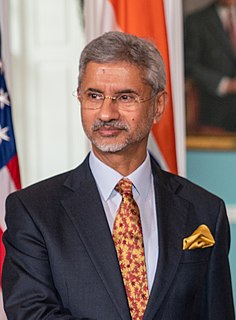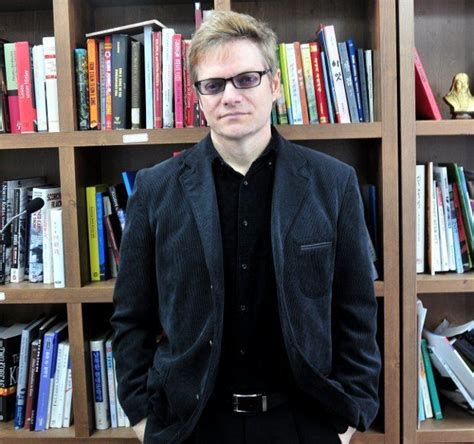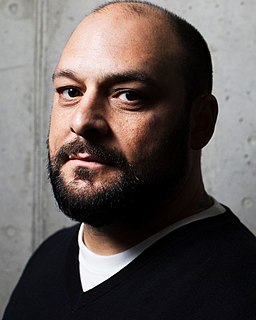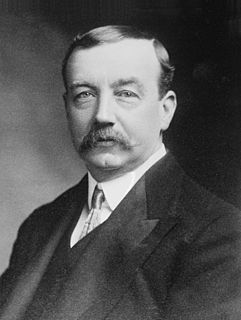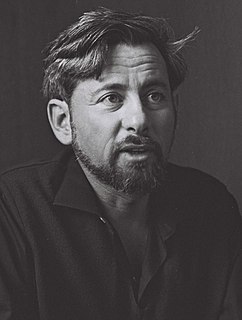A Quote by Peter Singer
I believe that nationalism is a very strong force, but there are other forces operating; there are tendencies pushing towards a larger picture, especially in Europe, I think; but I still think nationalism is real.
Related Quotes
Here is the difference, nationalism has a certain connotation in Europe, which is not necessarily positive, but I think in Asia, nationalism is seen very much as a sort of natural corollary to economic progress, almost like you're independent, you progress, you are prosperous and nationalism comes with all of that.
I think that in this globalised world, the local is going to become more and more important - it is a paradox. You see it in Western Europe more and more. Eastern Europe is still coming out of the Soviet uniform cultural era, but this kind of separation and nationalism is very obvious now in Western Europe.
Hate crimes have increased since the election of Donald Trump. So I'm not surprised. I'm hopeful, very vigilant. We're seeing the same thing as what happened in 1933, when a politician stokes fears and grievances to rally them for a nationalist cause. But nationalism to the exclusion of other people is not nationalism, that's xenophobia.
Whereas nationalism still seeks power, honour, and glory through means that endanger other countries, patriotism knows that a country's strength and honour can only be permanently safeguarded through concourse with other countries. And whereas nationalism scoffs at the idea of international laws and regulations, patriotism seeks to create such.
By 'nationalism' I mean first of all the habit of assuming that human beings can be classified like insects and that whole blocks of millions and tens of millions of people can be confidently labeled 'good' or 'bad'...By 'patriotism' I mean devotion to a particular place and a particular way of life, which one believes to be best in the world but has no wish to force on other people. Patriotism is of its nature defensive, both militarily and culturally. Nationalism, on the other hand, is inseparable from the desire for power.

